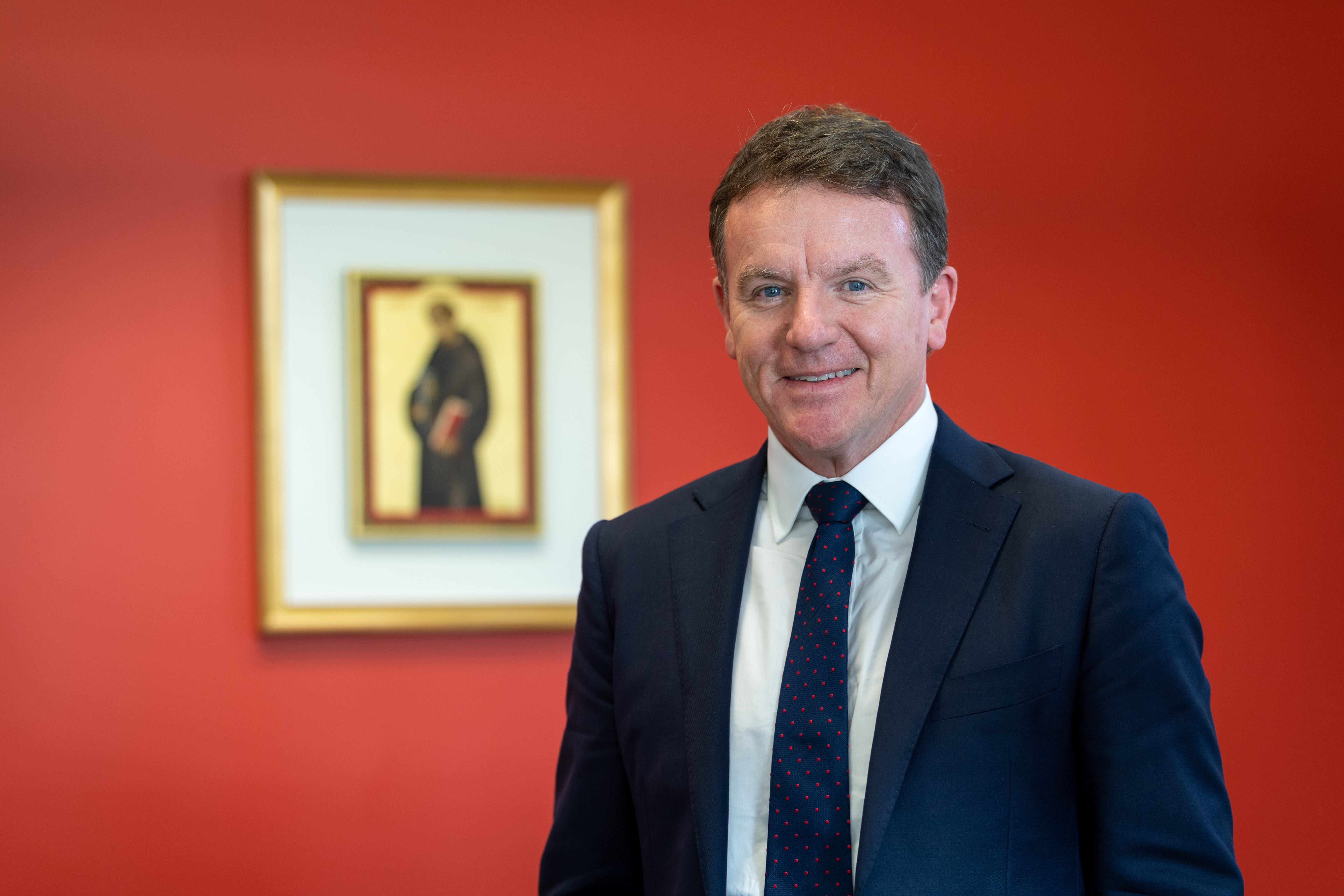
by Tony Farley
Recent discussions about Artificial Intelligence have focussed on the power of machines to imitate and often improve upon human performance. A storm of conjecture has surrounded the launch of new software that can produce anything from student essays, letters, poems and songs with astonishing results that are as impressive as they are daunting.
The concerns that this technology has prompted are both real and valid. If a machine that harnesses the vast resources of previously produced content can generate similar content faster and more efficiently, where does that leave humans?
These recent concerns have focussed on students being tempted to simply use the technology to do the work for them and submit it as their own, but this problem is neither new nor insurmountable. That’s why the process of school assessment involves multiple modes and relies on the teacher knowing each and every student.
Essays produced outside of school hours are only one component of a student’s overall assessment and marks. Students are also expected to participate in class discussions, complete in-class tests and assessments, give oral presentations and demonstrate their level of competence and achievement through portfolios of student work and standardised public tests such as NAPLAN and end of year testing programmes such as the Higher School Certificate.
Most importantly in schools, it’s the teacher who will know best where each student is in their educational progress and what they need to do to improve and flourish - which brings us back to human relationships. There’s nothing more powerful in education than a trusting relationship between a teacher and student where each knows the other through working together toward greater knowledge, capacity and growth.
There’s no doubt that we are in a new age of Artificial Intelligence and technological change that is as bewildering as it will be exciting. Huge questions arise about what humans will need to know and whether previously held ideas about education will hold fast and continue to be relevant.
But some things will never change because every part of life and endeavour relies upon solid foundations. Every human being needs and deserves to be functionally literate and numerate. Understanding the world we live in, our history and culture both local and beyond is essential if we are to cooperate and thrive.
A deep understanding of our place in the world is made richer by personally and directly engaging with art, music, science and religion along with commerce, economics, sport and the limitless ways in which humans create and give meaning to their lives. This occurs primarily, and often best through face to face interactions and activities.
While technology has and will continue to expand upon what humans have made possible, what it cannot do is fulfil our need for each other. To share a meal, a confidence, a problem, a joy and our sorrow. Machines cannot be a friend or know a person as another person does. A machine can never replace the complex way in which we imperfectly relate to, interact with and travel through the world and our lives.
Human history has always, at its centre, been about people and the way in which they relate to each other and the world both natural and supernatural. New technologies will constantly evolve, superseding those before them and presenting challenges and opportunities that bear upon our fundamental values, beliefs and needs.
Technology exists to assist humans and not to control them - it can never replace the need for humans in a classroom, a boardroom, a Church or a theatre. Whether educating a child, constructing a building, caring for a patient or running a restaurant, it’s the human dimension that makes the most profound difference and which no machine can ever replicate.
Tony Farley is the Executive Director of Sydney Catholic Schools - A system of 150 Catholic schools across metropolitan Sydney.


